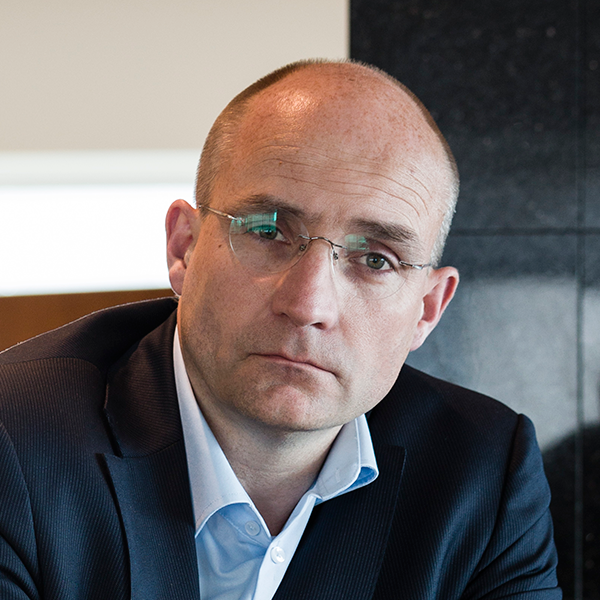True collaborative contracting (e.g. “alliance contracting” and “partnering”) is not very prevalent in the Netherlands, although it is gaining interest.
The reason for this may be because the contract sum is not fixed which, as yet, is considered to be too big a risk by most Dutch Employers. Although parties would agree to strict initial target outturn costs (TOC), the contractor would still be compensated for all project costs plus a lump sum fee and share in the final TOC underrun.
In the Netherlands, the most common contract structures are integrated design and construct contracts, which place both design and construction obligations upon contractors, and traditional construction contracts, which only place the construction obligations upon contractors in accordance with the contract documents and (design) drawings prepared on account of, and prescribed by, the employer.
In the event of ancillary activities to be performed by contractors assigned directly by the Employer, contractors are usually bound by a multilateral coordination agreement, to be coordinated by the main contractor. Risks are usually allocated, not shared.
The Dutch Civil Code (“DCC”) is divided into books, with a special chapter for construction contracts (Title 12 Book 7 clauses 7:750 DCC and further) and a special chapter for services, including designwork (Title 7.7. Book 7 clauses 7:400 and further).
Most construction and/or services contracts, however, are based on standard-form contracts and conditions, which have been construed by all major stakeholders and branch organisations and are considered to be well balanced and just. As a general principle, contracting authorities are obliged to apply these conditions without amendments if the Dutch Public Procurement Act 2012 (“Aanbestedingswet 2012”) applies.
There are a number of standard-form construction contracts used. The most commonly used forms are the Uniform Administrative Conditions 2012 (“UAC”) for construction only, the New Rules 2011 for design and/or project management services only, and the Uniform Administrative Conditions for integrated contracts (“UAC-IC”) for design and construct contracts.
International forms such as JCT and NEC are hardly ever used, although the use of FIDIC forms may sometimes be preferred by international Employers.
A “building team” contract, is popular and often based on the Model Building-team Contract 1992. In this, the contractor will provide its expertise on construction costs during the design phase in return for which the contractor will be entitled to be the first to submit an offer. All parties to a building team are, and remain, liable for those team decisions that lay within their specific field of expertise, provided the team decision has expressly or tacitly been accepted by the relevant expert. That means that if, for instance, the contractor suggests the use of materials or a construction method for cost-reduction purposes, the responsibility for this still remains with the engineer.
Insofar as alliance contracting and partnering contracts are being concluded, these are tailor-made contracts and not based on a standard form contract. There have been infrastructure "alliancing" contracts where the fee was not really a fixed lump sum but where the profit and overhead rates could be adjusted downwards in case of a budget overrun. However, these resulted in traditional behaviour and, in fact, since the cost of subcontractors was reimbursable, it incentivised main contractors to agree to considerable costs and rates stipulated by subcontractors leading to more expense.
These experiences have unjustly sold the principles and advantages of alliancing contracts short as they were not true alliancing contracts to begin with. For an alliancing agreement to succeed, it is necessary for parties to establish an acceptable and realistic TOC, to avoid "paper profit" or cost force up behavior.
It is to be expected that alliancing will be become more frequently used if and when Dutch Employers acknowledge its added value and gain more – and better - experience with alliancing projects.


Social Media cookies collect information about you sharing information from our website via social media tools, or analytics to understand your browsing between social media tools or our Social Media campaigns and our own websites. We do this to optimise the mix of channels to provide you with our content. Details concerning the tools in use are in our privacy policy.